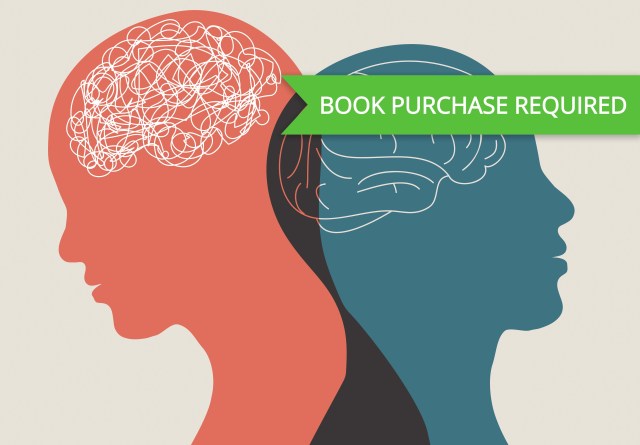Course Summary
Practice Level: Intermediate
This course provides an extensively updated new edition of the acclaimed guide to treatment of bipolar disorder, incorporating the latest research on psychosocial treatments and clear medication management guidelines. This extensively updated new edition of the acclaimed book in the Advances in Psychotherapy series integrates empirical research from the last 10 years to provide clear and up-to-date guidance on the assessment and effective treatment of bipolar disorder. The course begins by describing the main features of bipolar disorder based on DSM-5 and ICD-10 criteria. Current theories and medication management guidelines are described, along with decision trees for evaluating the best treatment options. They then outline a systematic, integrated, and empirically supported treatment approach involving structured, directive therapy. Special considerations, including managing suicide risk, substance misuse, and medication non adherence, are also addressed.
Course Format
This course is based on a book that can be purchased here and a posttest. When you’re ready, purchase the test by clicking the “Add To Cart” or “Enroll” button. This will let you take the test and receive your certificate for CE credits.
Learning Objectives
- Identify the incidence of Bipolar Disorder.
- Describe the differential diagnosis of Bipolar 1 and II.
- Explain the assessment of Bipolar Disorder.
- Describe medications used to treat Bipolar Disorder.
Course Syllabus
- Description of Bipolar Disorder
- Theories and Models of Bipolar Disorder
- Diagnosis and Treatment Indications
- Treatment
Authors
Robert P. Reiser
Robert Reiser, PhD, is a cognitive behavioral therapist in private practice focusing on treatment of individuals and families with serious mental illness and a Fellow of the Academy of Cognitive Therapy. He supervises graduate clinicians in training, teaches classes in cognitive behavioral therapy, and provides workshops, consultation, and technical assistance related to improvements in the treatment of bipolar disorder in community mental health settings.
Larry W. Thompson
Larry W. Thompson, PhD, received his doctorate from Florida State University in 1961. Since then he has held the rank of Professor at three universities,Duke University, University of Southern California, and Stanford University. Dr.Thompson’s recent interests have focused on the problems and issues involved in transporting evidenced-based psychotherapeutic interventions from the research laboratory into community settings.
Accreditation Approval Statements
CE4Less.com is approved by the American Psychological Association to sponsor continuing education for psychologists. CE4Less.com maintains responsibility for this program and its content.
CE4Less.com has been approved by NBCC as an Approved Continuing Education Provider, ACEP No. 6991. Programs that do not qualify for NBCC credit are clearly identified. CE4Less.com is solely responsible for all aspects of the programs.
Courses have been approved by CE4Less.com, as a NAADAC Approved Education Provider, for educational credits. NAADAC Provider #91345 CE4Less.com is responsible for all aspects of the programming.
CE4Less.com, provider #1115, is approved as an ACE provider to offer social work continuing education by the Association of Social Work Boards (ASWB) Approved Continuing Education (ACE) program. Regulatory boards are the final authority on courses accepted for continuing education credit. ACE provider approval period: 08/08/21-08/08/24. Social workers completing this course receive 6 clinical continuing education credits.
We are committed to providing our learners with unbiased information. CE4Less never accepts commercial support and our authors have no significant financial or other conflicts of interest pertaining to the material.


